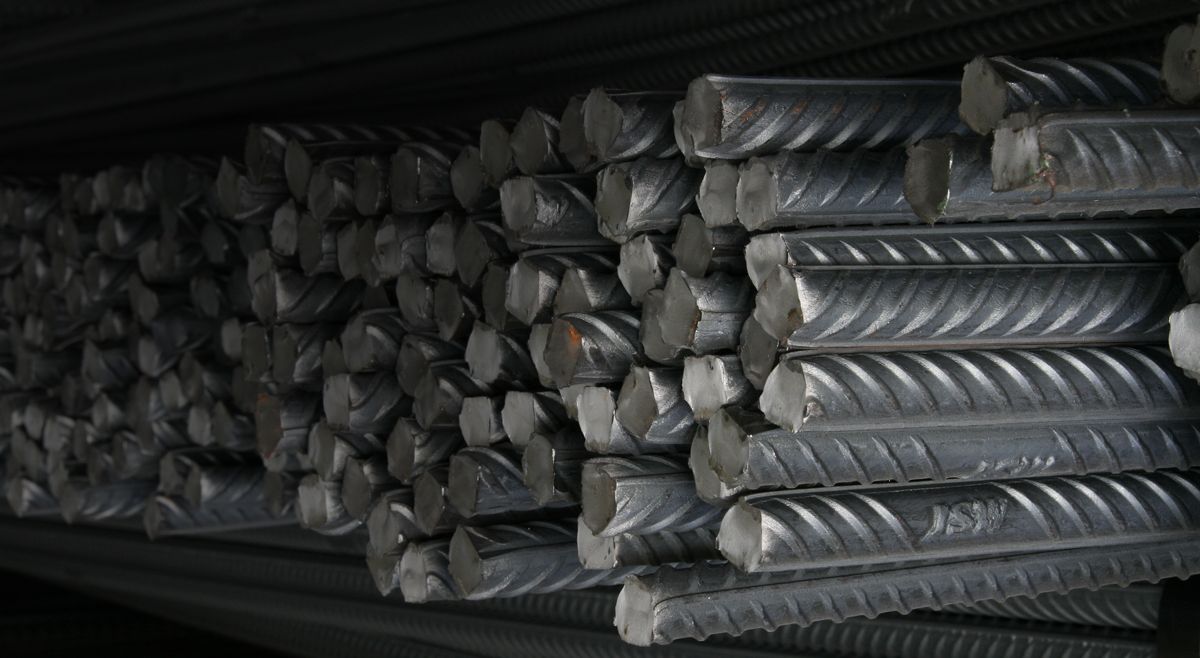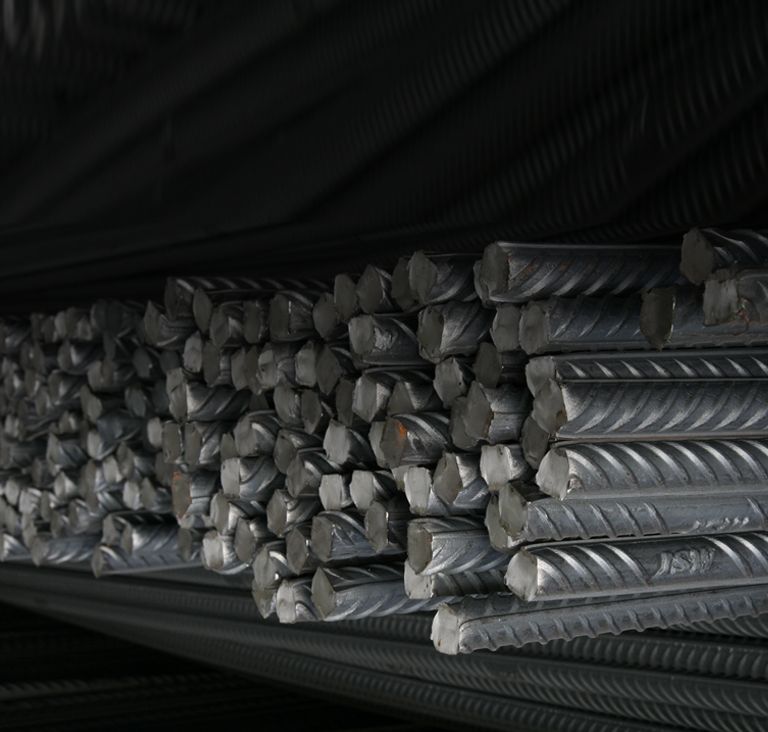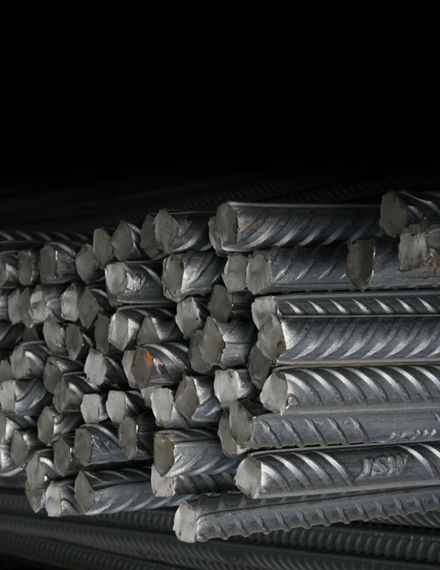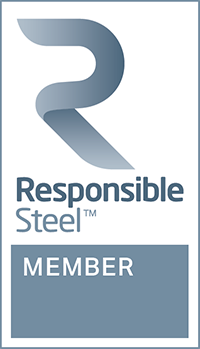Steel That Connects Cities:
The Importance of TMT Steel in India’s Growing Metro Rail Networks
Steel is everywhere, shaping the world around us in ways we often overlook. It’s in the buildings we step into, the vehicles we travel in, and the infrastructure that keeps our cities running. One of the most critical yet unnoticed uses of steel is in metro rail networks, systems that are transforming urban transport in India.
With our cities expanding rapidly, the need for efficient and sustainable transport has never been greater. Metro rail projects are at the heart of this variation, and at the core of these projects lies something indispensable - TMT steel.
The Growth of Metro Rail Networks in India
India’s metro rail system has seen unprecedented growth in recent years. As of December 2024, 993 kilometres of metro rail are operational across 23 cities, with another 997 kilometres under construction in 28 cities. This rapid expansion is set to make India’s metro network the second-largest in the world.
Building these metro networks requires materials that can withstand enormous pressure, provide long-term durability, and ensure safety. That’s where TMT steel plays a critical role.
Why TMT Steel is Essential for Metro Rail Projects
TMT (Thermo-Mechanically Treated) steel is known for its high strength, flexibility, and resistance to seismic activities, making it the preferred choice for metro rail construction. Its unique manufacturing process imparts superior yield strength and ductility, ensuring the structures can endure the dynamic loads of metro operations. Some key reasons why TMT steel is crucial in metro rail networks:
-
Extremely strong – Capable of withstanding the immense load of metro rail structures.
-
Corrosion-resistant – Protects metro pillars and tunnels from wear and tear.
-
Highly flexible – Allows for better seismic resistance, which is crucial in earthquake-prone areas.
-
Weldable and efficient – Simplifies construction without compromising strength.
Without high-quality TMT steel, metro networks would not be as durable or safe as they need to be.
Our Role in India’s Metro Expansion
At JSW Steel, we take immense pride in being a key contributor to India’s metro rail development. Over the past few years, we have supplied more than 85,000 metric tonnes of Neosteel TMT rebars to metro projects in Mumbai, Bangalore, Chennai, Kolkata, Pune, Nagpur, Indore, Bhopal, Lucknow, and Ahmedabad.
Our TMT products are designed to meet the highest industry standards, ensuring that metro rail structures remain strong, resilient, and safe for years to come. With metro construction booming, tracking the TMT steel rate becomes essential for efficient project planning.
Metro Rail Projects Strengthened by TMT Steel
- Delhi Metro
Stretching 395 kilometres, the Delhi Metro is one of India’s largest metro networks. Our TMT steel has helped reinforce its structures, ensuring passenger safety and system longevity.
- Chennai Metro
With 54.1 kilometres of operational tracks, the Chennai Metro has dramatically reduced travel time across the city. High-quality TMT steel has played a key role in strengthening its infrastructure for a smoother and safer commute.
- Metro Growth in Tier-2 Cities
Metro projects in Kochi, Lucknow, and Indore are also using significant amounts of TMT steel to expand urban mobility. These projects improve transit and contribute to economic growth in smaller cities.
The Future of Metro Rail in India
India’s cities are expanding unprecedentedly, and metro rail networks are driving this transformation. At the core of these massive projects lies TMT steel—a material that ensures every structure remains strong and stands strong.
As we continue to support India’s metro expansion, we remain committed to providing the best steel in India—steel that connects cities, drives progress, and makes everyday travel smoother for millions.




